Being an employer today is challenging. It is a constant balancing act of managing compliance risk and attracting and retaining top talent. Often, it can feel like a lawsuit is around every corner. However, with proper assistance and guidance, you can feel more secure in your decision-making and navigate these challenges with greater ease.
“Details matter — awareness for how the laws interact can help protect your organization from legal trouble.” – Karol Dixon, Catapult HR Advisor
Our seasoned HR Advisors Linda Hunter and Karol Dixon share the 7 most common HR myths impacting employers today and how you can overcome them:
1. North Carolina is an at-will state, so you can terminate an employee for any reason or no reason.
True and False: An employer can discharge an employee at the will of the employer for any reason or no reason at all – just not an illegal reason. Employers must still comply with federal and state employment laws, including Title VII, REDA, FMLA, and ADA.
2. You can withhold a terminated employee’s final pay if they owe money to the company or have not returned property.
False: Employers cannot hold a terminated employee’s pay as ransom. They can, however, withhold wages in compliance with federal and state laws or when you have signed authorization from the employee with the specific deduction amount.
3. Salaried employees can also be eligible for overtime.
True: To be exempt from overtime, the position must fall into an exemption category. Common categories include executive, administrative, learned professional, outside sales, and IT positions.
4. You must pay out accrued, unused paid time off when the employee separates from the company.
False: In North and South Carolina, employers must pay out PTO when the policy states the time will be paid out, lacks a clear written forfeiture statement, or fails to address what happens after separation.
5. Employees can get an accommodation without explicitly asking for it.
True: Regardless of whether the employee specifically requests an accommodation, you must recognize that an accommodation may be necessary based on “clues” or the impairment is apparent.
6. Employers are required to provide rest and meal breaks during the workday.
False: Private employers in North and South Carolina are not required to provide employee breaks, but you should consider youth employment regulations, OSHA’s general duty clause, and industry-specific rules. Employers must pay employees for breaks that are less than 20 minutes.
7. Time out of work under workers’ compensation is job-protected leave.
False: Workers’ comp is insurance that provides wage replacement benefits and medical care. The appropriate leave of absence program will run concurrently with the WC wage replacement when an employee is out of work.
Navigate the grey areas with confidence
“Just when you think you know everything about HR, rules change, or some situation occurs, you must look closer at a law or regulation you never saw before.” – Linda Hunter, Catapult HR Advisor
Demystifying common HR misconceptions is crucial to making your decisions confidently. Your role goes beyond employee engagement and is vital to securing your organization’s future success. Whether you are a newly promoted HR manager, an office manager assuming the HR function, or CXO juggling multiple responsibilities, we all share one thing in common – compliance responsibilities.
Meet your experienced HR partners
“Whether you are a private employer or subcontractor in North Carolina or another state, have employment agreements, and more, those factors all come into play when you call us asking the questions: Can I? Should I? Will I?” – Karol Dixon, Catapult HR Advisor
Discover how Catapult’s HR Advice Team can help your business overcome HR misconceptions.
Note: Myths are based on federal and NC laws.

